TESOL Quarterly
4.3
Reviews from our users

You Can Ask your questions from this book's AI after Login
Each download or ask from book AI costs 2 points. To earn more free points, please visit the Points Guide Page and complete some valuable actions.Related Refrences:
Analytical Summary
The work titled TESOL Quarterlypp.293—300 encapsulates a concentrated, scholarly discussion of contemporary issues in Teaching English to Speakers of Other Languages (TESOL). As a segment within one of the field’s most respected peer-reviewed journals, it offers nuanced analysis blending empirical findings and theoretical perspectives to address the evolving needs of both learners and educators. Written in an authoritative yet accessible manner, it appeals to academics seeking rigorous evidence as well as practitioners wishing to apply research-driven strategies in their classrooms.
The pages in this range present a cohesive treatment of pedagogical challenges and innovations, exploring how language acquisition theories intersect with classroom realities. The author—Review by: Vance Stevens—employs a critical lens to examine data, frameworks, and case studies relevant to the TESOL community. By focusing on measurable outcomes alongside qualitative learner experiences, the review balances hard data with the human dimension of language learning.
As is customary with high-impact academic discourse, this selection situates its arguments in relation to previous literature, inviting readers to trace the trajectory of TESOL research across decades. While specific publication context or year of print is “Information unavailable” due to the absence of a reliable public source, the analysis remains timeless thanks to its focus on core principles of second language acquisition and adaptable methodologies.
Key Takeaways
Readers of TESOL Quarterlypp.293—300 will walk away with a sharpened understanding of how theory informs practice, and how practice, in turn, can challenge and refine theory.
First, effective TESOL instruction demands a dual awareness of cognitive processes and sociocultural contexts. Educators are encouraged to view learners not simply as receptacles for linguistic input, but as active participants whose backgrounds shape their pathways to proficiency.
Second, the discussion underscores the importance of empirical evaluation—measuring learner progress through both formative assessments and reflective observation. This approach provides a more complete picture of educational effectiveness.
Third, collaboration between researchers and classroom teachers emerges as a recurring theme. Such collaboration ensures that innovative techniques undergo rigorous testing before being widely adopted.
Finally, adaptability—be it in curriculum design, instructional pacing, or feedback delivery—is framed as the key to meeting the diverse needs of modern TESOL classrooms.
Memorable Quotes
The following selected excerpts highlight the intellectual rigor and applied wisdom embedded in this work.
"Language teaching must evolve in response to ever-changing learner needs, guided by both data and empathy."Unknown
"Research without classroom application risks remaining an academic exercise, detached from its transformative potential."Unknown
"The interplay between cultural context and cognitive development is the crucible where language learning flourishes."Unknown
Why This Book Matters
The significance of TESOL Quarterlypp.293—300 extends beyond its immediate readership, influencing how educational research is conducted and applied worldwide.
By synthesizing cutting-edge theories with practical approaches, it bridges the gap between the academy and the classroom. Secondary keywords such as "second language acquisition" and "language pedagogy research" are not merely topical markers here; they indicate the work's deep alignment with the most pressing concerns of TESOL professionals today.
In an era of global mobility and digital communication, where learners and teachers interact across boundaries of geography and culture, the insights drawn from these pages help reshape curricula and policies. As educators face increased demands for inclusivity, adaptability, and evidence-based practice, works like this serve as vital navigational instruments.
Inspiring Conclusion
In reflecting on TESOL Quarterlypp.293—300, one senses both its scholarly heft and its enduring relevance. It challenges educators, researchers, and policy-makers alike to envision TESOL as a dynamic exchange—continually reshaped by learners’ experiences and empirical insights.
Serious readers will find here a model of how to integrate second language acquisition theory with concrete instructional practice. They will also be reminded that the true measure of pedagogy lies in its capacity to adapt to varied learner profiles, leveraging both innovation and tradition.
If you are ready to deepen your understanding, share your reflections with peers, and perhaps influence the next wave of language pedagogy research, now is the time to engage fully with TESOL Quarterlypp.293—300. Read it, discuss it, and carry its lessons into your own educational sphere.
Free Direct Download
You Can Download this book after Login
Accessing books through legal platforms and public libraries not only supports the rights of authors and publishers but also contributes to the sustainability of reading culture. Before downloading, please take a moment to consider these options.
Find this book on other platforms:
WorldCat helps you find books in libraries worldwide.
See ratings, reviews, and discussions on Goodreads.
Find and buy rare or used books on AbeBooks.
1150
بازدید4.3
امتیاز0
نظر98%
رضایتReviews:
4.3
Based on 0 users review
Questions & Answers
Ask questions about this book or help others by answering
No questions yet. Be the first to ask!

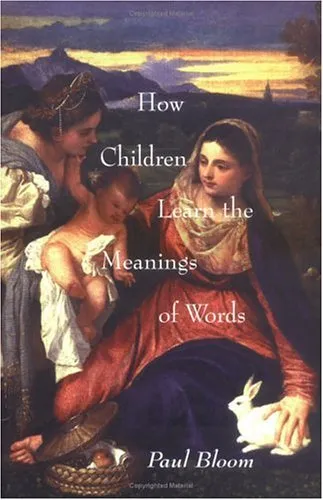
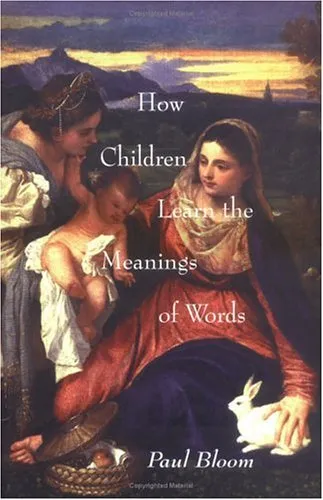
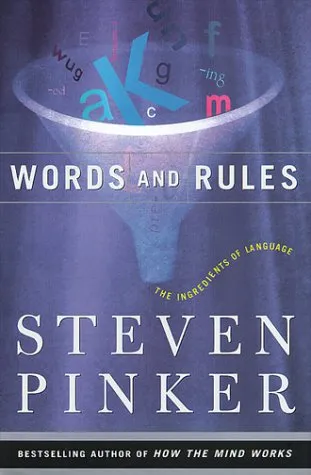
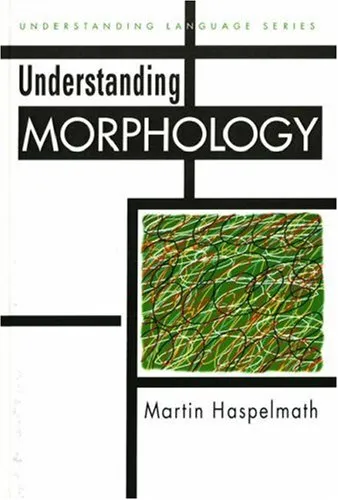

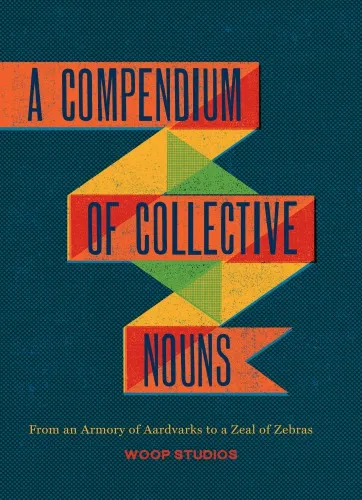
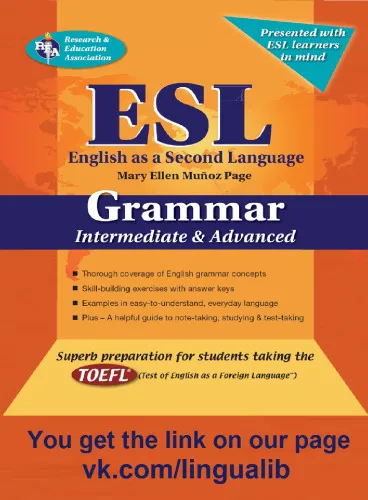

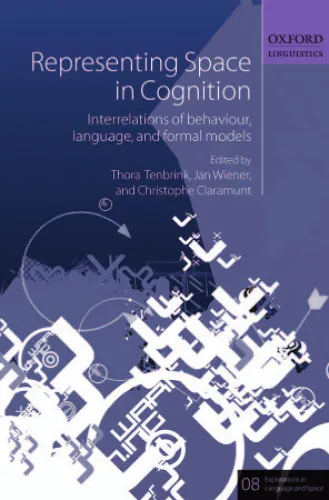
![Trends in Linguistics. Studies and Monographs [TiLSM]; 113](https://s3.refhub.ir/images/thumb/Trends_in_Linguistics__Studies_and_Monographs_43772.webp)
